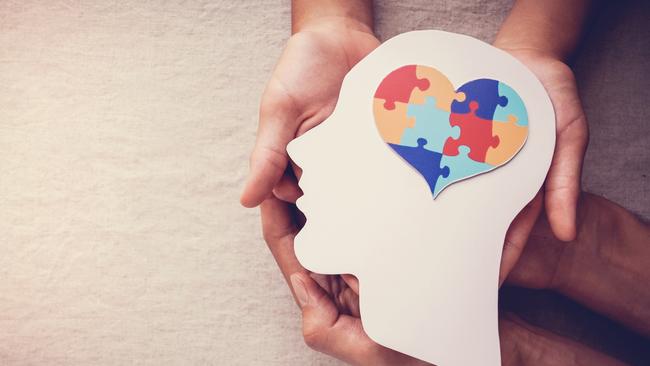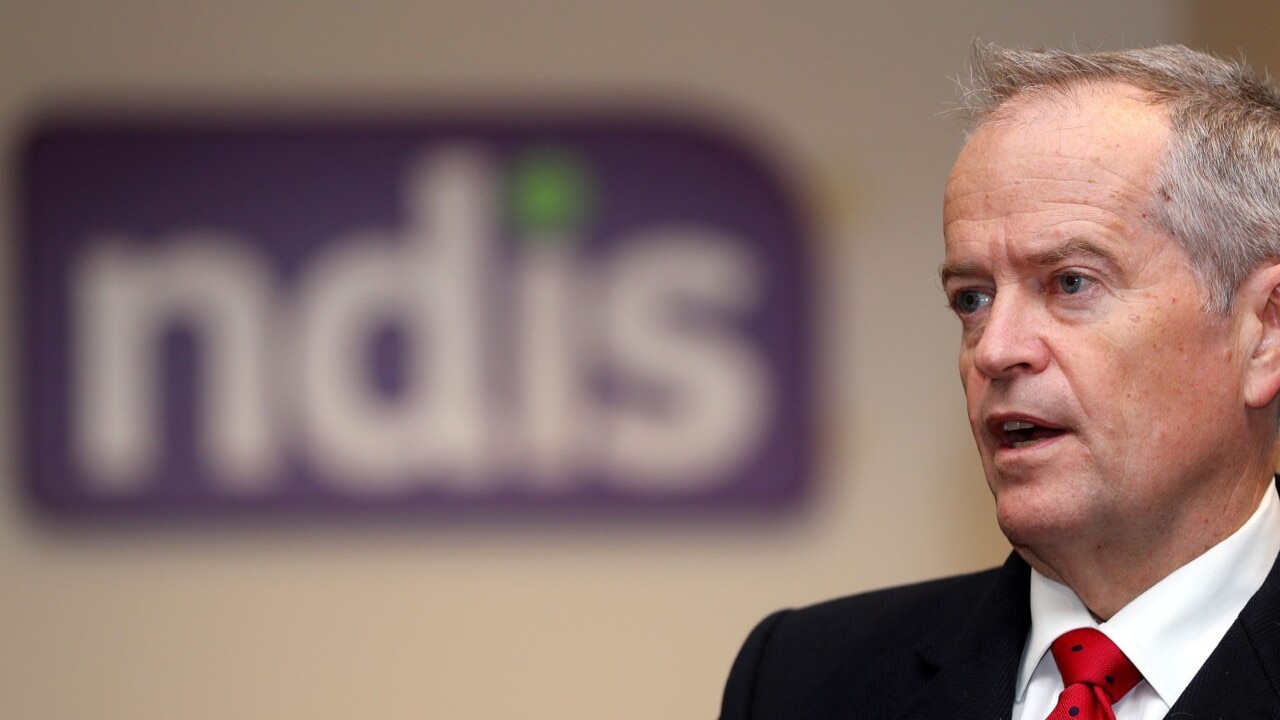States and feds must ‘step up together’ on disability
Next week’s National Cabinet is looming as a critical moment for the National Disability Insurance Scheme.

State and federal governments must take the opportunity next week to “step up together” to provide more support for disabled people outside the National Disability Insurance Scheme, especially children, the nation’s therapists say.
NDIS Minister Bill Shorten said creating an “inclusive Australia” would require all levels of government to play a significant role beyond the NDIS.
With national cabinet set to discuss a key review of the $35bn a year NDIS next Wednesday amid concerns about its rapid cost trajectory, disability and health advocates are seeking assurances that the focus on funding doesn’t come at the cost of support to disabled people.
Australian Association of Psychologists executive director Tegan Carrison said too many people with disability, particularly children, were already missing out on essential services.
“If there are cuts to NDIS funding, this situation will only worsen,” Ms Carrison said. “There is a window of opportunity to provide early intervention for children with developmental delays, with the benefits of this being lifelong and significant.
“It is vital state and federal governments step up together and provide access to services and support that will benefit children, families and the wider community.”

The Australian reported on Wednesday that ahead of national cabinet next week, some state and territory governments were concerned they would be asked to respond to the findings of the NDIS review by providing more disability services in mainstream settings, such as schools, without having detail on the potential costs.
State government sources said there was a real risk the meeting might not agree on a path forward for NDIS reform, despite setting a cost growth target of 8 per cent by 2026, substantially less than the scheme’s recent annual cost increases of some 13 per cent.
Mr Shorten said: “The NDIS, in and of itself, is not the end of the matter for an inclusive Australia.”
“It is a big step forward in making it function better, it is a big step forward, but really making an inclusive Australia is on all of us. It’s on all levels of government, it’s on the Australian community.”
Occupational Therapy Australia chief executive Sam Hunter said both tiers of government must work together to ensure all people with disability were supported.
Ms Hunter said providing more disability services outside the NDIS could help with scheme sustainability. “This is especially so for the hundreds of thousands of Australian children with autism,” she said. “In regards to children with autism, if the states were to provide more support for services for children with lower level needs, this would provide important interventions for children and potentially reduce the burden on the NDIS,” Ms Hunter said.
People with Disability Australia president Nicole Lee said a lot was riding on the state-federal discussions on the scheme’s future: “We need access to supports we trust, and are worried about where the funding will come from.”




To join the conversation, please log in. Don't have an account? Register
Join the conversation, you are commenting as Logout